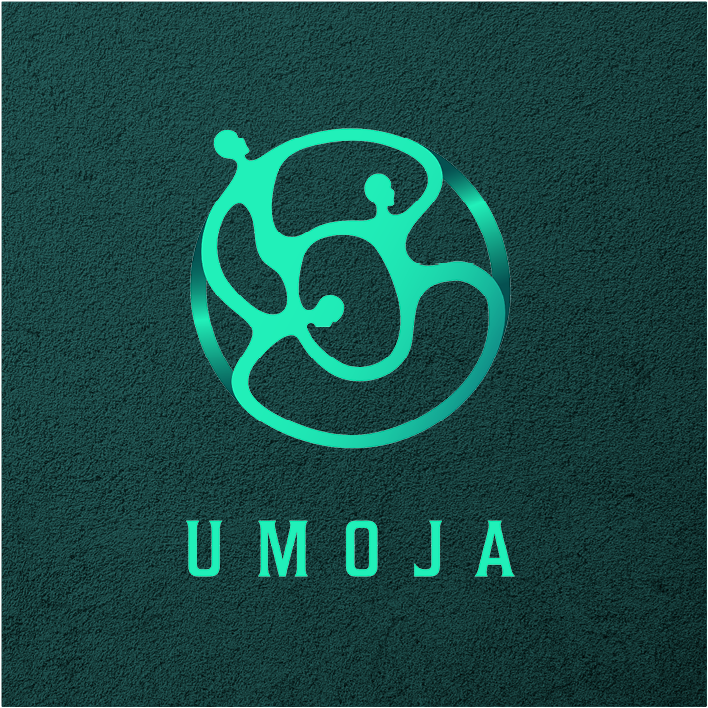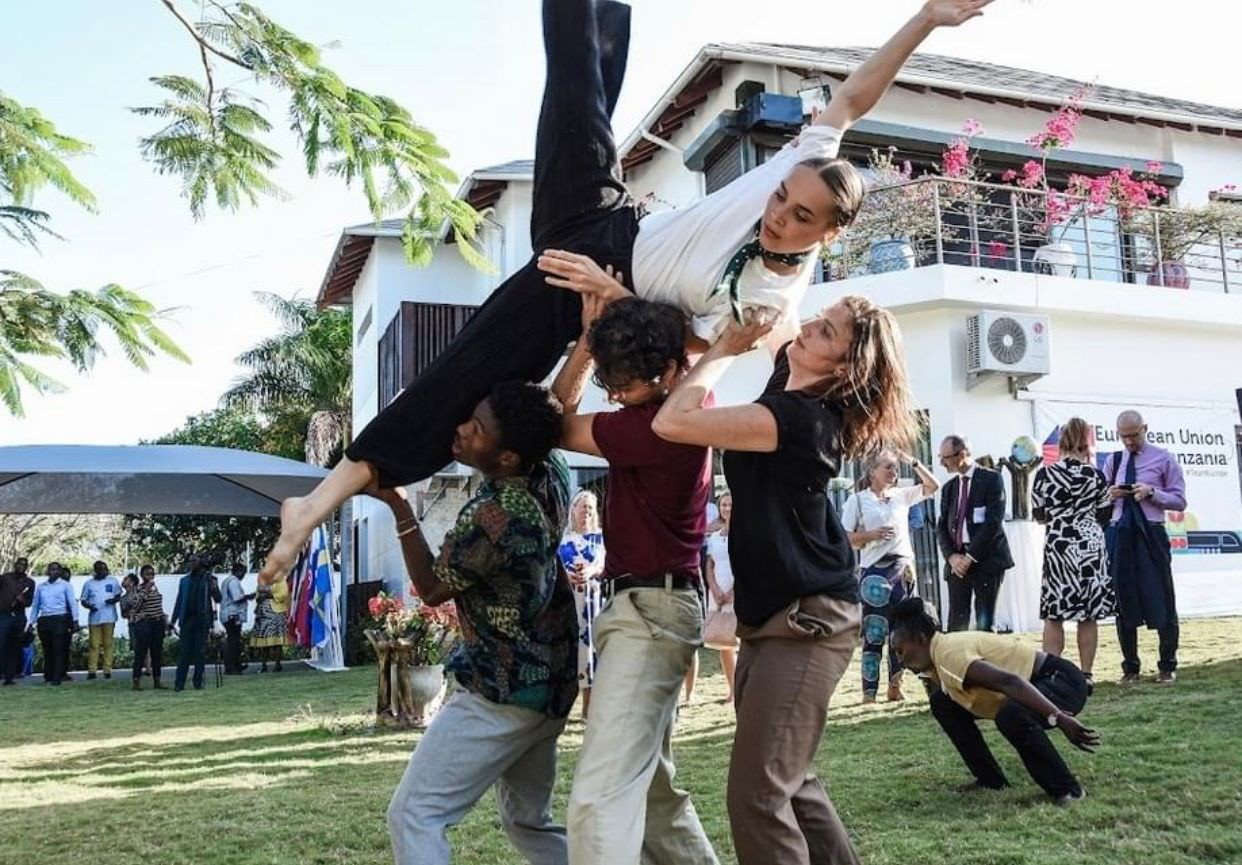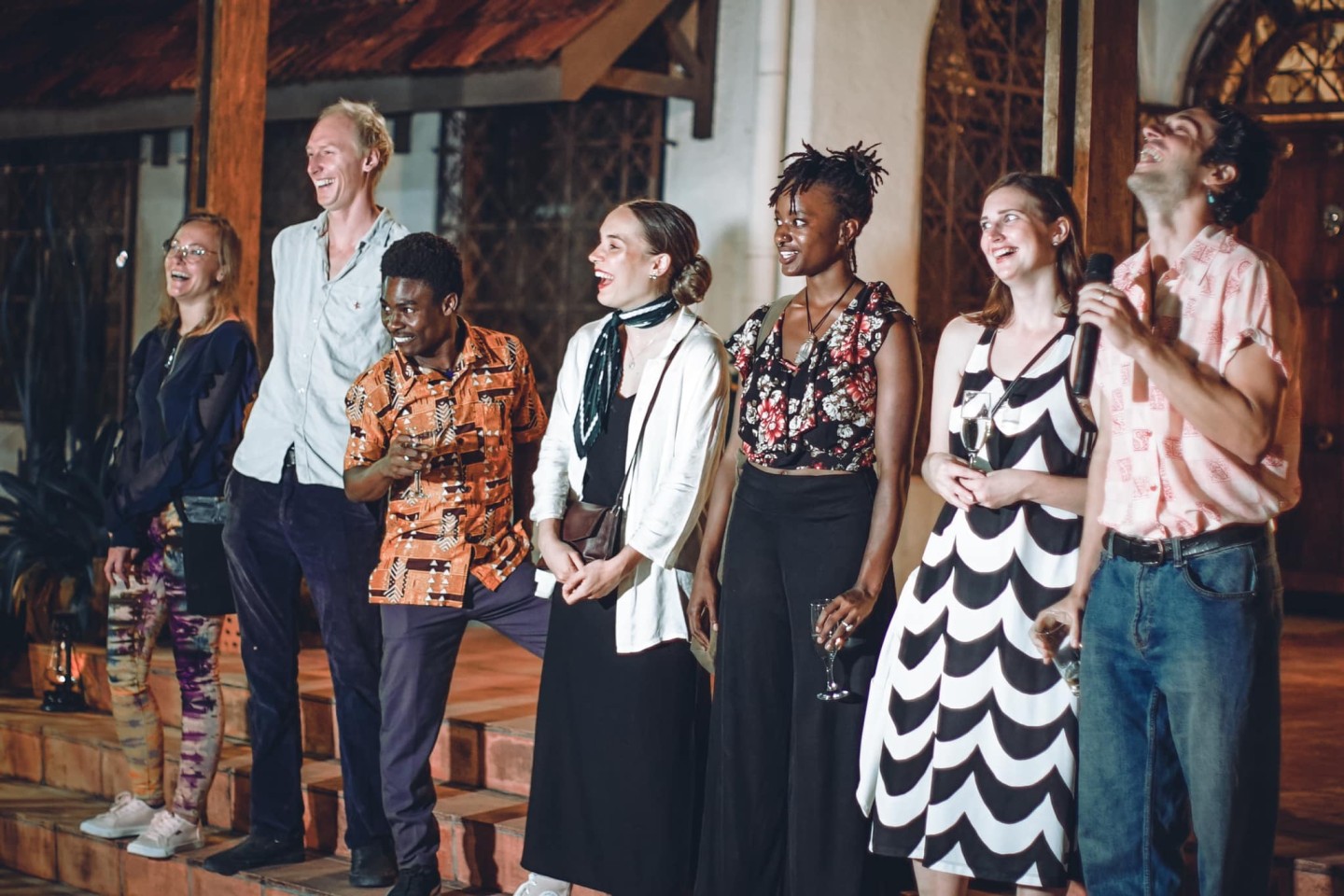UMOJA promotes gender balance and social cohesion through the arts.
Dar es Salaam, with over 6 million inhabitants, is one of the fastest growing cities in Africa, yet there is poor cultural infrastructure and education on contemporary art, thus depriving artists from accessing their local audience and audiences from enjoying art. The artists need recognition, access to markets and international exposure. Moreover, women only represent 25% of the artists.
UMOJA strengthened the bonds between contemporary and urban artists from Tanzania, East Africa and the EU in the fields of dance, music and visual art via a gender-balanced residency. The project promoted artistic cooperation, quality education, private-public partnerships, network development, and connection to global markets. The project is coordinated by a pioneering network of Tanzanian and European cultural institutes, academia and government bodies and managed by a project management team, made of artists from the local scene.
Finding new ways of understanding
UMOJA united four East African and five European artists in a five-week long, gender-balanced, multi-disciplinary residency with workshops and fringe events to further promote local urban and contemporary art. The musi- cians, dancers and visual artists were brought together, with local artists and partners, to collaborate and find new ways of understanding to create and innovate as one.
The residency programme intended to open a cultural dialogue between East African and European artists, as well as to promote gender balance and social cohesion through dance, music and visual arts. The original works produced during the residency were showcased at the University of Dar es Salaam, bringing together the artists and local communities.
UMOJA dares to connect not only artists from different backgrounds. It also creates unity amongst different institutes and Embassies. This joint work is a big step forward for the performative arts industry in Tanzania. Umoja ni Nguvu utengano ni udhaifu - United we stand, divided we fall.
Tadhi Alawi, contemporary dancer and choreographer, NANTEA Dance Company
During Step 2 of the application phase, the UMOJA’s steering committee appointed three of its members as project managers and screened and selected potential public spaces, with City Lab/Ardhi University conducting a consultancy report on potential public spaces to be repurposed into a cultural arena in Dar es Salaam. The main focus was to get an open, safe and easily accessible space. Five spaces were shortlisted and visited by UMOJA’s steering committee. Tanzania National Arts Council’s theatre, which was unfinished and abandoned, was selected.
In October and November 2022, the multidisciplinary group engaged in diaogue with one another, discussing the various meanings of community and diversity. They independently explored the capital, from the local markets to local beaches to the outskirts of Dar es Salaam. They also created original works conceptually rooted in their experiences there – from an audio explo- ration with local plants to large sculptures exploring life journeys to collaborative, metaphoric dance pieces.



